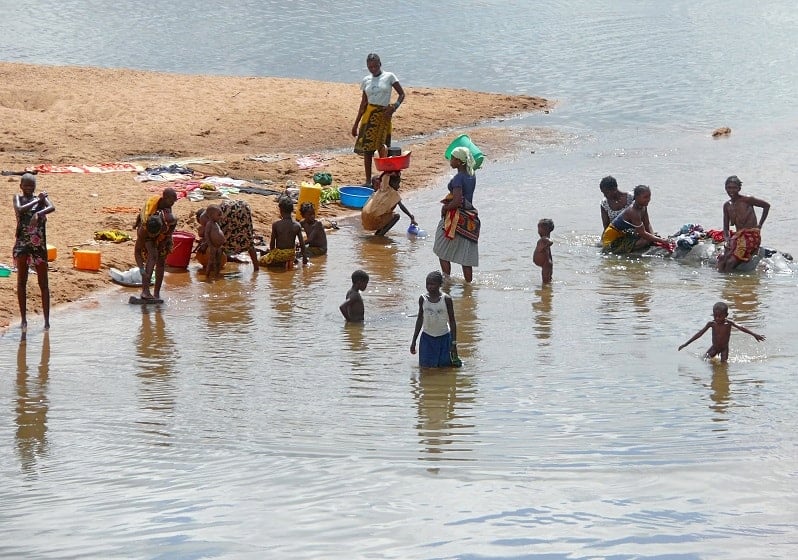 Malaria has taken millions of lives over the years. Most of which were pregnant woman and young children living in Africa. Many organizations and researchers all around the world have been on a quest to prevent and stop this viscous debilitating disease.
Malaria has taken millions of lives over the years. Most of which were pregnant woman and young children living in Africa. Many organizations and researchers all around the world have been on a quest to prevent and stop this viscous debilitating disease.
The years of research and development have brought forth many new drugs and vaccines to kill and prevent this life threatening virus. For a period of time, these drugs were effective, providing relief and prevention in areas where Malaria has taken over.
Unfortunately, mosquitoes in certain areas are becoming resistant to these drugs, which presents a very serious, possibly disastrous problem.
Certain malaria carrying mosquitoes in southeast Asia have now becoming resistant to the artemisinin drugs, which have been the main strategies for controlling the disease. These drug resistant mosquitoes are likely to move into India as well. If they reach Africa, as they inevitably will, it is feared the death toll from the disease will hit an all time high.
The spread of resistance into Africa threatens all progress made against Malaria treatment, which makes prevention and education more important than ever before.
According to Dr Jeremy Farrar, “If resistance spreads out of Asia and into Africa much of the great progress in reducing deaths from malaria will be reversed.” He also states that: “Our ability to respond to these rapidly emerging health problems depends on swift gathering of evidence, which can be quickly translated into public health and clinical interventions that are then implemented. Antimicrobial resistance is happening now. This is not just a threat for the future, it is today’s reality.”
Future Action
As the resistance is growing, popular drugs are loosing all effect and will be possibly useless in the near future. This reality has gathered researchers together in an effort to destroy malaria before all medication no longer works. Malaria experts from all over the world are coming together to formulate a plan to stamp out the disease by possibly giving everyone in a malarial endemic region a vaccine, whether they have malaria or not.
Scientist Dr Elizabeth Ashley states that: “Frontline ACTs are still very effective at curing the majority of patients. But we need to be vigilant as cure rates have fallen in areas where artemisinin resistance is established.”
She also states that: “Action is needed to prevent the spread of resistance from Myanmar [Burma] into neighbouring Bangladesh and India. The artemisinin drugs are arguably the best antimalarials we have ever had. We need to conserve them in areas where they are still working well.”
As of right now, new studies are being conducted for the development of malaria treatment protocols as well as ways to slow the rate of resistance around the world. Changes undoubtedly need to be made to stop this epidemic that is on the road to continue taking millions of lives. This is why it is important to protect yourself as much as you can with all natural mosquito soap when traveling.
References:



